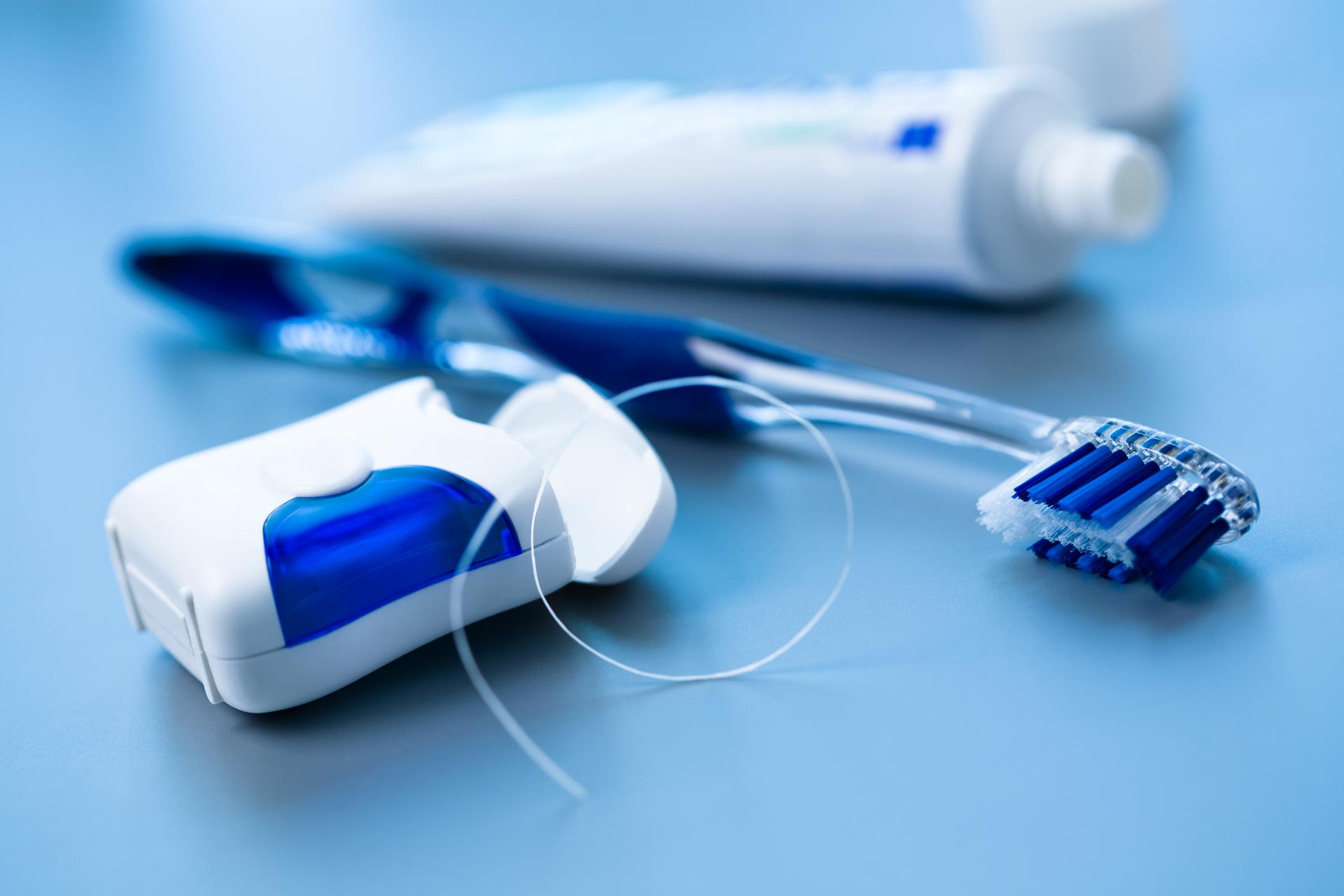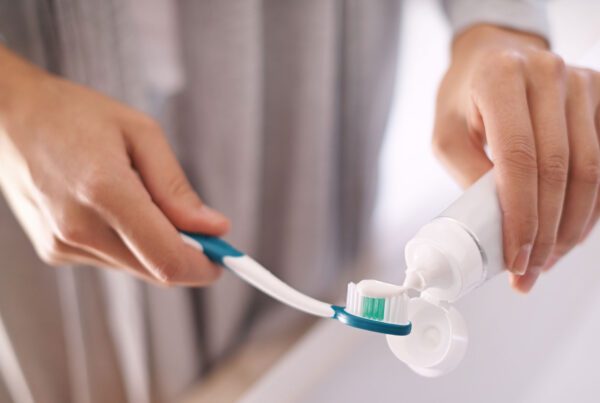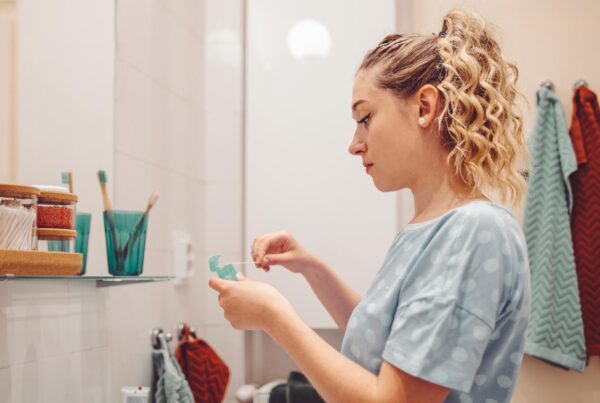It’s common to hear dentists comment on your flossing habits, and we all know we should be doing better, but why? Many people don’t like the feeling of flossing between their teeth and, as a result, avoid flossing as part of their normal teeth cleaning routine. Cleaning your teeth, on the other hand, isn’t always enough to remove plaque and avoid cavities. Flossing should be part of your daily routine since it helps you maintain a healthy smile by preserving your teeth and gums and preventing other problems.
Why Is Brushing Your Teeth Not Enough?
Despite the fact that each tooth has different five surfaces, your toothbrush can only reach three of them. Food can readily become trapped between the two untouched surfaces since they are so close to the sides of other teeth. When food becomes trapped in these gaps, it creates a breeding environment for bacteria, resulting in plaque development. Floss is effective in this situation because, as an interdental cleaning device, it can reach these tiny spaces and remove 80% of plaque.
Your Gums Are Just As Important As Your teeth
When flossing is ignored, plaque and germs can easily accumulate. If the plaque is not cleared efficiently or effectively, it will eventually irritate the gum tissue, which will increase as bacteria levels grow. If left untreated, this can progress to Gingivitis, a periodontal disease characterised by red, puffy, and easily bleeding gums. Plaque between your teeth, in addition to causing discomfort, will destroy the enamel of your teeth, resulting in a cavity. Flossing will assist to remove this plaque and prevent the emergence of hazardous bacteria. Regular flossing is a wonderful way to check your mouth for potential cavities, as well as swelling or redness.
Flossing Can Improve Your Overall Health As Well
If left untreated, bacteria in an unhealthy mouth can harm the rest of your body. Gingivitis can enter the bloodstream and spread to other parts of the body, causing heart disease, diabetes, and lung problems. Flossing merely takes a few minutes off of your day but has major long-term health benefits. Although cleaning your teeth after each meal may be annoying, flossing after eating is quick and easy to accomplish. Regular flossing not only promotes good oral cleanliness, but it can also help you maintain a healthy diet and lifestyle by making you less tempted to snack after eating.
Central Hutt Dental
Dentists recommend flossing once a day, with the best time being after brushing in the evenings to remove any food and plaque from the day. If you are concerned about dental difficulties or have observed any sensitivity or changes in your teeth, please contact Central Hutt Dental right away, we’re here to help!






